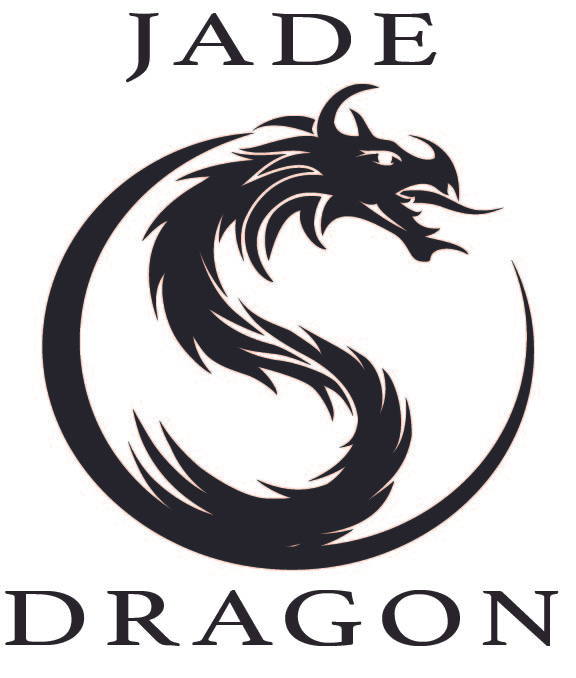Nei Gong and Qi Gong: What's the Difference?
A personal note from the author.
As soon as people start labeling things, particularly as it relates to Taoism, many people start to argue. This blog post is a short overview on the differences between what people label “Nei Gong” (內功) vs. what people label “Qi Gong” (氣功). It is not my intent to create labels and ownership, just to share as part of my many years of study and experience on the topic.
Nei Gong and Qi Gong are both ancient Chinese practices aimed at cultivating and harnessing energy (qi or chi) for health, well-being, and martial arts. While they share some similarities, they are distinct practices with different focuses and techniques. Here are the key differences between Nei Gong and Qi Gong:
Focus and Purpose:
Qi Gong: Qi Gong primarily focuses on cultivating and balancing the flow of qi (energy) in the body. It includes various exercises, breath control, and meditation techniques aimed at improving physical health, mental clarity, and spiritual growth. Qi Gong is often used for preventive health maintenance and healing.
Nei Gong: Nei Gong, also known as "internal work," goes deeper into the internal aspects of energy cultivation. It emphasizes the development of inner strength, structural alignment, and the refinement of energy within the body. Nei Gong is often associated with martial arts and focuses on enhancing one's martial skills and power.
Techniques:
Qi Gong: Qi Gong includes a wide range of techniques, many of which are relatively simple and easy to learn. These may involve gentle movements, breathing exercises, visualizations, and meditation. Qi Gong practices are generally accessible to people of all ages and fitness levels.
Nei Gong: Nei Gong techniques are more intricate and often require a higher level of commitment and dedication to master. These practices involve deeper levels of internal energy work, involving intricate postures, alignments, and breathing techniques. Nei Gong is typically taught by experienced instructors and may require more time and effort to achieve proficiency.
Health vs. Martial Arts:
Qi Gong: Qi Gong is primarily focused on improving health, reducing stress, and enhancing vitality. It is commonly used as a holistic approach to managing various health conditions and promoting overall well-being.
Nei Gong: Nei Gong has a stronger emphasis on martial applications, though it can still have health benefits. It is often practiced by martial artists to develop internal power, better body mechanics, and advanced martial skills.
Intent:
Qi Gong: Qi Gong is often practiced with the intention of harmonizing and balancing the body's energy for self-improvement, relaxation, and healing.
Nei Gong: Nei Gong is practiced with the intention of refining and concentrating internal energy for specific martial applications, such as striking power, speed, and martial technique enhancement.
In summary, while both Nei Gong and Qi Gong involve the cultivation of energy (qi), they have different emphases, techniques, and purposes. Qi Gong is more accessible for general health and well-being, while Nei Gong is more specialized and oriented towards martial arts and internal strength development. Ultimately, the choice between the two depends on one's goals and interests.
For more information on how practices like Qigong and meditation influence mental and physical health, please head over to www.jadedragon.org.
If you found this post informative, we kindly request you to like, comment, subscribe, and share it with your friends and family. Spreading the word will help us reach more people, offering them the potential for improved health, strength, and peace of mind.



